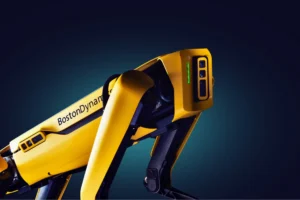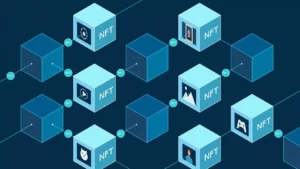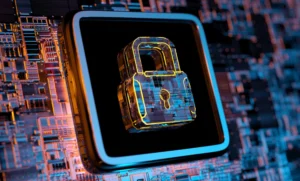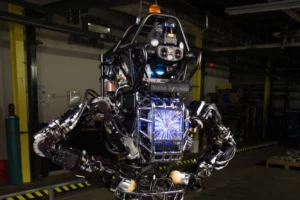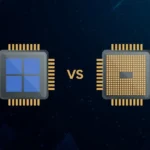What is the Hardware Used for Quantum Computing and How Does it Work?
PUBLISHED
- February 3, 2023
- 6:46 am
PUBLISHED
- February 3, 2023
- 6:46 am
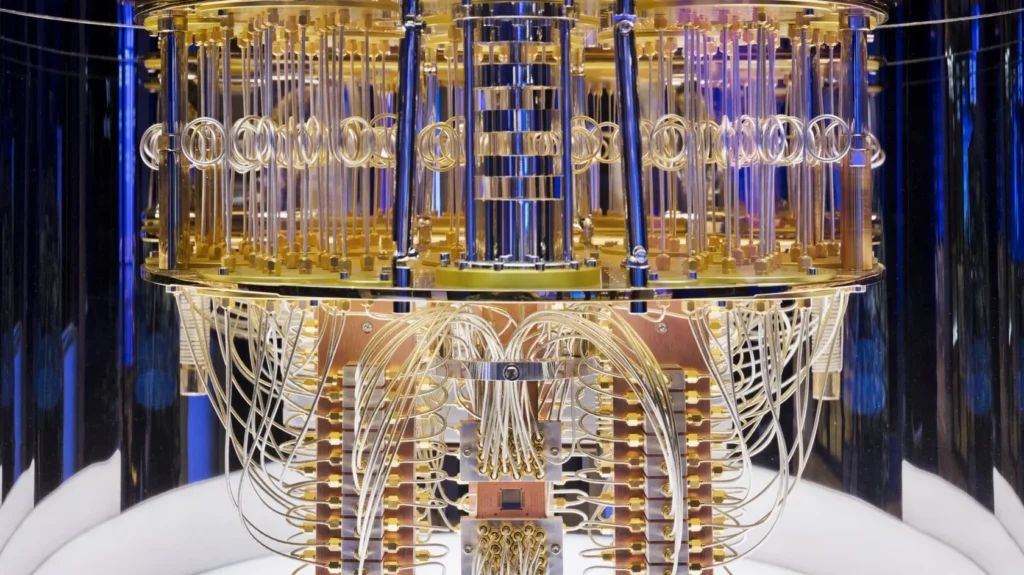
Quantum computing is a new and emerging field that offers vast computational potential, far beyond what is possible with classical computing. The field of quantum computing is rapidly evolving, and new hardware is playing a critical role in driving its growth. In this article, we’ll dive into the hardware used for quantum computing and how it works.
LIKE THIS
The Building Blocks of Quantum Computing: Qubits and Quantum Gates
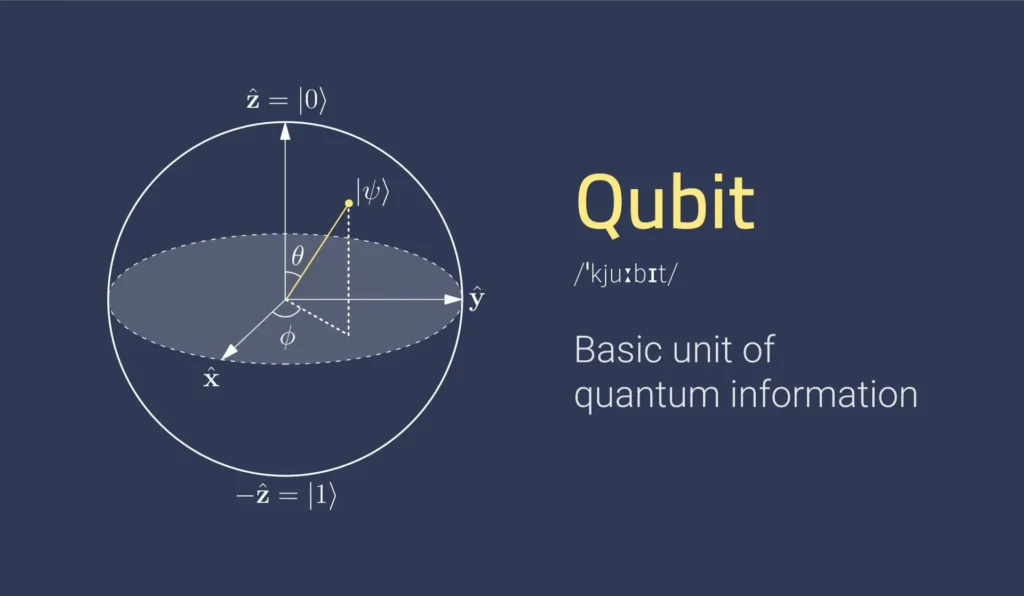

Quantum computing hardware is comprised of two main components: qubits and quantum gates. Qubits, or quantum bits, are the building blocks of quantum computers and function differently from classical bits. Unlike classical bits that can only represent either a 0 or 1, qubits can represent both 0 and 1 simultaneously, referred to as superposition. This superposition allows quantum computers to perform certain calculations much faster than classical computers.
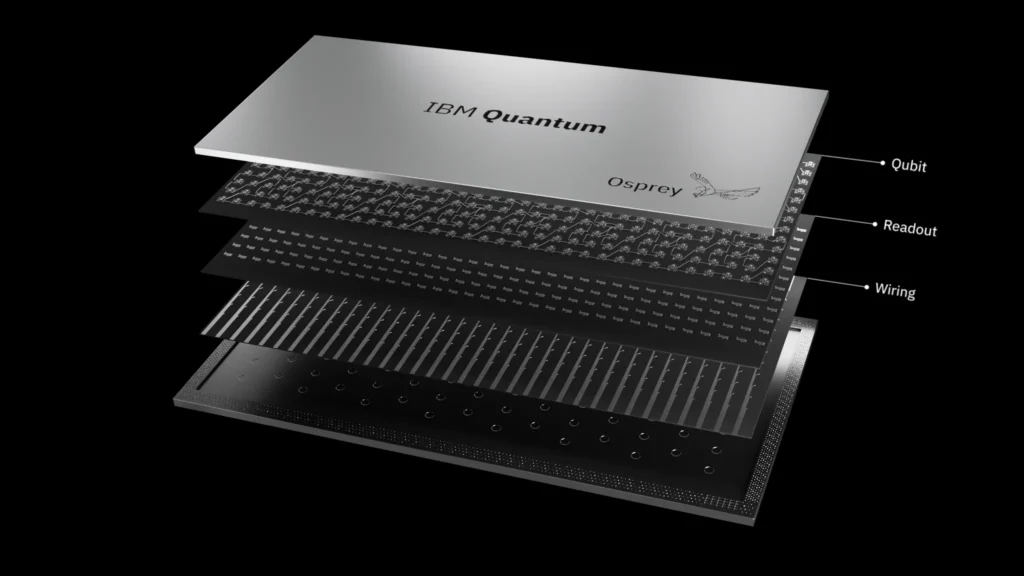

Quantum gates are the operations that perform transformations on qubits. These operations include quantum logic gates, such as the NOT and XOR gates, and quantum measurement gates, which read the state of the qubits. The quantum gates used in quantum computing are carefully designed to minimize errors and maintain the delicate quantum state of the qubits.
The most common hardware used in quantum computing today are superconducting qubits, ion trap qubits, and topological qubits. Superconducting qubits use superconductors to create a quantum state and perform quantum operations. Ion trap qubits use ions suspended in an electromagnetic field to store and manipulate quantum information. Topological qubits use a unique quasiparticle, called a Majorana zero mode, to encode quantum information. Each type of qubit has its advantages and disadvantages, and the choice of which type to use often depends on the specific application.
Quantum Decoherence and Software Challenges
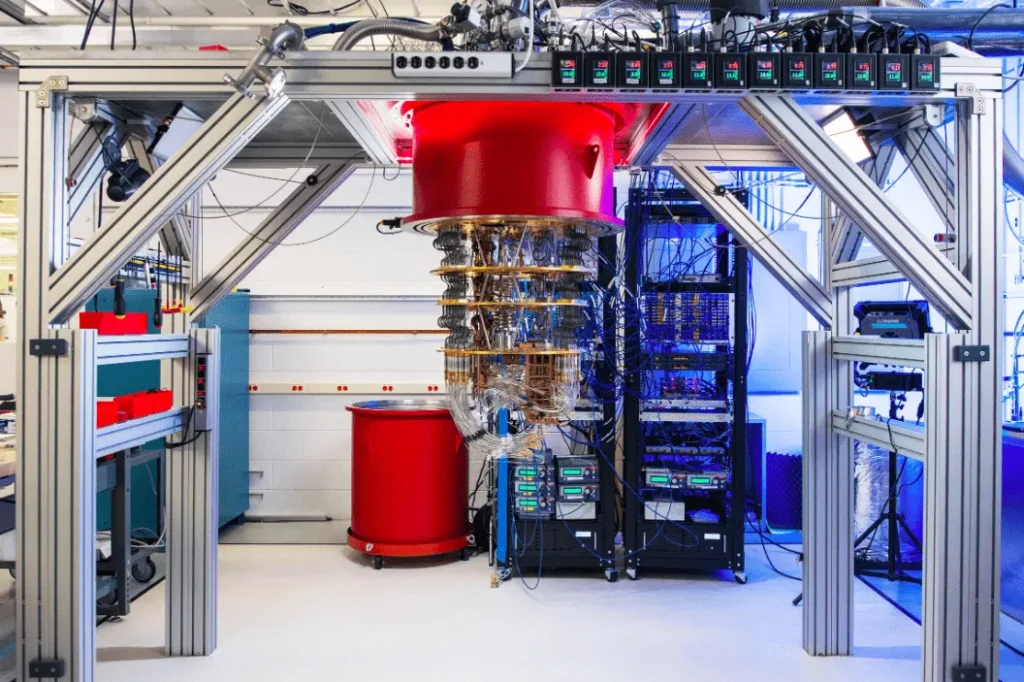

One of the challenges in quantum computing is maintaining the delicate quantum state of the qubits. This is known as quantum decoherence, which occurs when the qubits interact with the environment and thus lose their quantum properties. To mitigate this issue, quantum computers are often kept in a state of extreme cold, such as near absolute zero, to reduce thermal noise and other sources of interference.
In addition to the hardware, quantum computing also requires specialized software to control the hardware and perform quantum algorithms. This software includes quantum compilers, quantum libraries, and quantum simulators. Quantum compilers translate classical algorithms into quantum algorithms, while quantum libraries provide pre-written quantum algorithms that can be used in a variety of applications. Quantum simulators allow researchers to test and debug quantum algorithms on classical computers, before they are run on real quantum hardware.
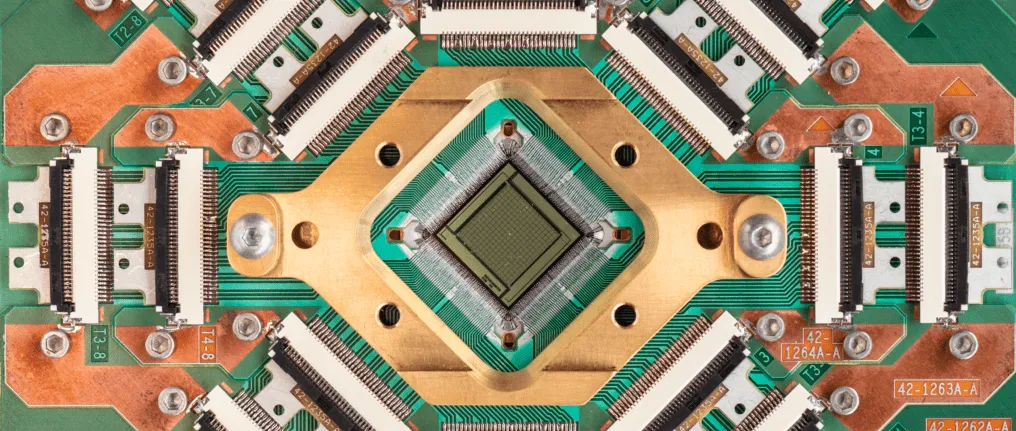

As quantum computing continues to mature, hardware technology will play an increasingly important role in driving the field forward. The development of new types of qubits and quantum gates, as well as advances in error correction and quantum control, will be critical to the success of quantum computing.
The future of quantum computing is exciting and holds great promise for a wide range of applications, from cryptography and drug discovery, to finance and artificial intelligence. The hardware used in quantum computing will play a critical role in realizing this potential, and the field is poised for continued growth and innovation in the coming years.

